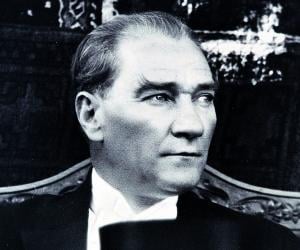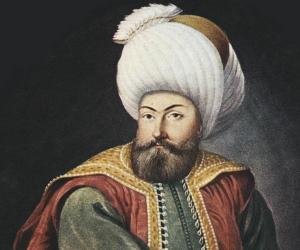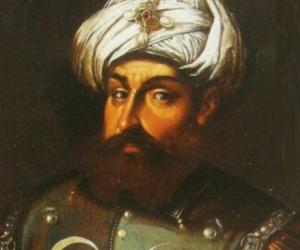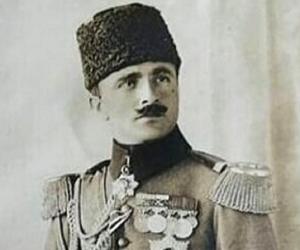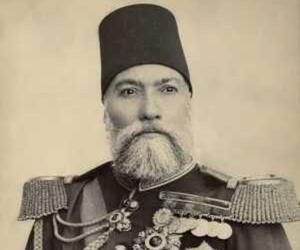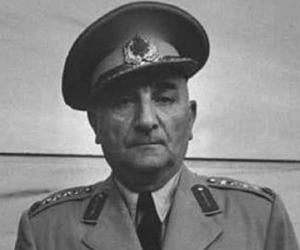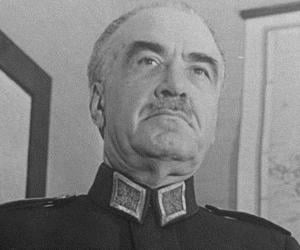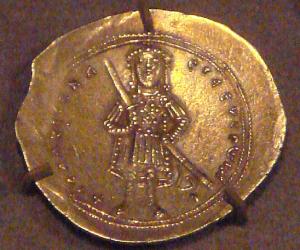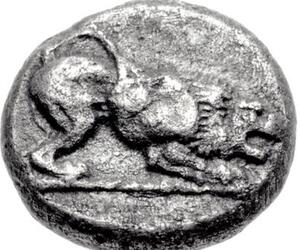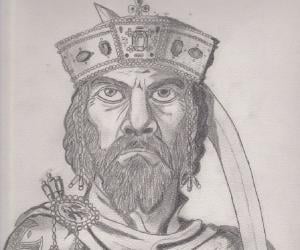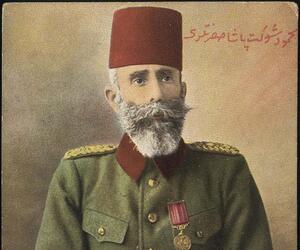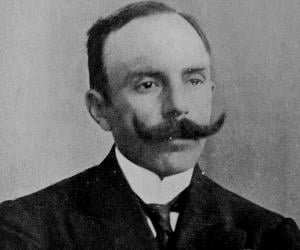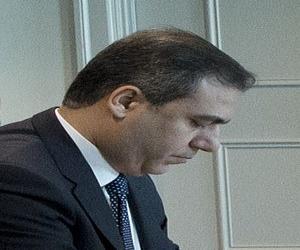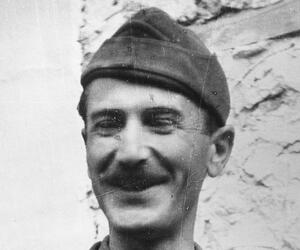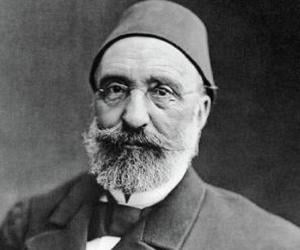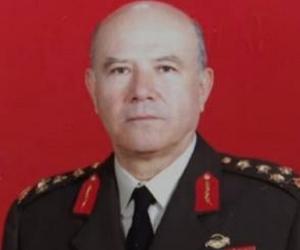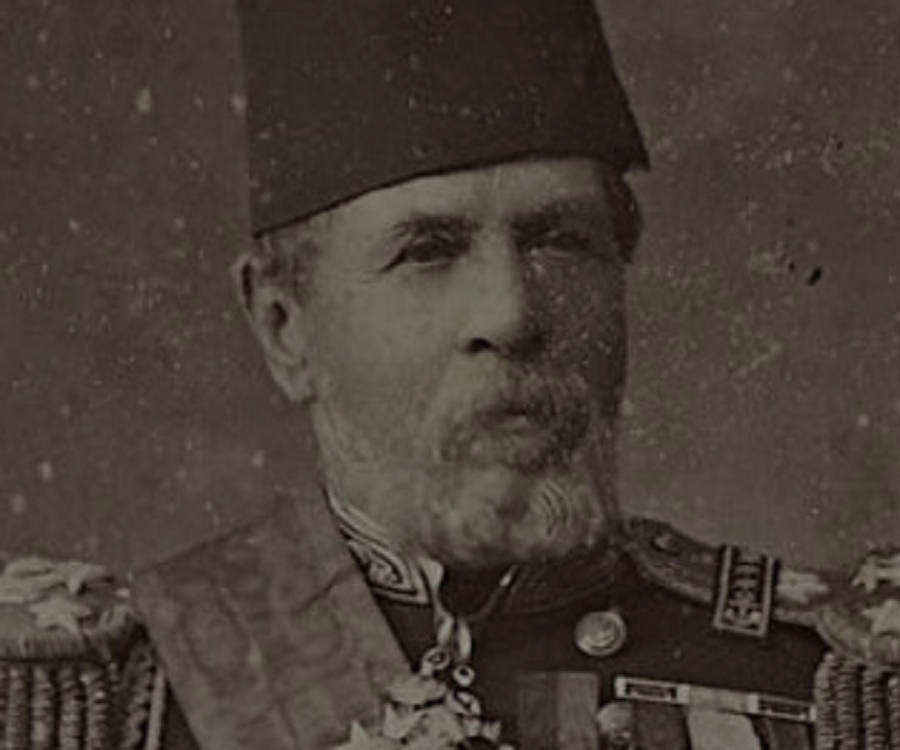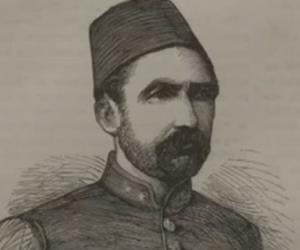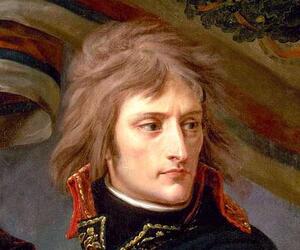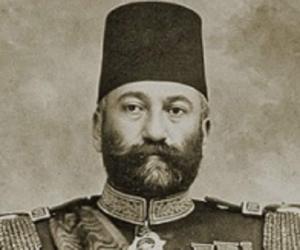1
Mustafa Kemal Ataturk
(Founder of the Republic of Turkey,)
Birthdate: May 19, 1881
Sun Sign: Taurus
Birthplace: Thessaloniki
Died: November 10, 1938
Mustafa Kemal Atatürk was a Turkish field marshal, revolutionary statesman, and author who served as the first president of the Republic of Turkey from 1923 until his death in 1938. He led the Turkish National Movement to resist the partitioning of mainland Turkey after World War I, ultimately establishing the Turkish Republic. Atatürk implemented sweeping progressive reforms to modernize Turkey into a secular, industrialized nation, including introducing the Latin-based Turkish alphabet, granting women equal rights, and promoting a policy of Turkification to create a unified and secular nation-state.
